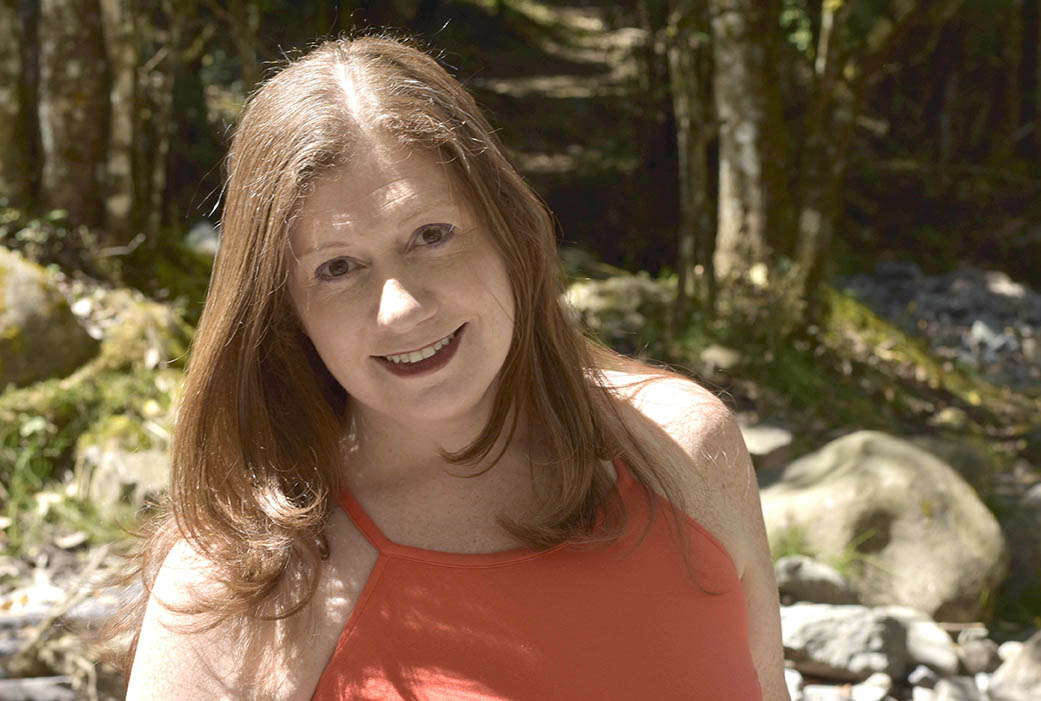The first time you sit down to write can be exhilarating, but it’s likely that at some point, you’re going to get stuck. Too often, you create expectations for your writing before you’ve given yourself a chance to play, experiment and even make mistakes.
There seem to be many blocks on the road to writing, and each one can stop you in your writing tracks. Luckily, there are always ways to overcome these blocks and keep going!
I’ve worked with hundreds, maybe even thousands of writers over the last two decades, and these are the most common writing roadblocks and how to overcome them.
1. Your inspiration fades
You have an amazing idea for a story that’s burning you up to write, and when you sit down, the words flow from your brain to your pen to the page like honey. It’s the best feeling ever. Then after a few pages, you have nothing left to say. You stop writing. You imagine you were never any good anyway.
Inspiration is a gorgeous thing when it happens, but it won’t help you finish writing.
What you can do about it:
Sit down and write without the golden wings of inspiration pushing you forward, even if it feels like what you’re writing is horrible.
Here’s the secret: Inspiration will return. You just have to keep writing until it does. Of course, it will fade again, then return, fade and return. Such is the nature of writing. Understand this, and you know exactly how to proceed when the inspiration well runs dry.

2. You don’t finish what you start.
How many stories have you started but never finished? How many book ideas have you scribbled down never to return to them?
I have some tough love for you. The writing you don’t finish, may as well not exist. It doesn’t exist, because no one can read it, share it, be inspired by it, publish it or love it.
What you can do about it:
Give your idea a fighting chance by actually finishing, even if you think you’re writing the worst, corniest, crappiest thing in the world. You can decide later what you want to do with it.
3. You think you need experience in order to start
Writers come to me all the time saying they need bylines before asking to be paid for their writing. I get it. You’re worried you’ll be rejected. You’re scared you’ll be told your writing sucks, so you hold back from writing and sending out your work.
What you can do about it:
Learn as you go. If you had to know how to write a book before writing one, there would never be any books. You can send your writing out into the world and be paid for it even if you’ve never published before. You may be rejected, but every writer, no matter how much experience they have, faces rejection.
Be brave. Don’t wait to write and publish. Put butt-in-chair and words on paper, then send them out to someone to publish it. You may get a “No, I don’t want to publish this.” But you may also get a yes!
4. You worry you’re not good enough
You hear your little editor voice whisper “This isn’t very good. No one wants to read this!” It’s impossible to write with this little mantra repeating in your head.
What you can do about it:
Not good enough is relative to the point of meaningless. Good enough for what? For whom?
Are you really going to let some arbitrary judgment hold you back from writing if you truly want to write? Instead of wallowing in worry, write anyway. Keep practicing and your writing will only get better and better.
5. You compare yourself to other writers

You’ve just read a book and loved it. It inspires you to write, but you know you could never write a book as good as that one. The idea of even trying is daunting. Your words seem so minor and silly compared to the beautiful work you just read.
What you can do about it:
It doesn’t matter what someone else writes. It doesn’t matter how beautiful their prose. Your story is different because it’s yours and yours alone, and no one but you can write it. Your story deserves to be told.
6. You worry you don’t know what you’re doing
You start writing and are overwhelmed with the knowledge that whatever you’re putting on the page is just a huge big messy guess. You have no idea where you’re headed. You’re not even sure what to do next.
Writing without knowing is hard and worrying. It’s frustrating and makes you want to give up.
What you can do about it:
First, understand you probably don’t know what you’re doing. Not all the time. No writer does. Embrace it, because this is the chaos that goes hand in hand with the creative process.
Second, make a plan. I’ve spent the last ten years working with writers as they figure out what they want and then create a roadmap to get there. Your plan guides you through the unknown one step at a time.
Bottom line? Trust yourself!
The best advice I’ve ever heard is “Trust yourself.” You’ll decide what to write. You’ll decide which edits to take seriously. You’ll decide the direction of your writing career. You know what you want, you know your story, so it only makes sense to trust yourself.
When you’re just beginning, ignore all the things you think you should be doing or other people’s expectations, and instead get your words on the page! If you want support, get it. If you need feedback, ask for help. If you want to write, then put pen to paper or fingers to keyboard and get on with it already.


